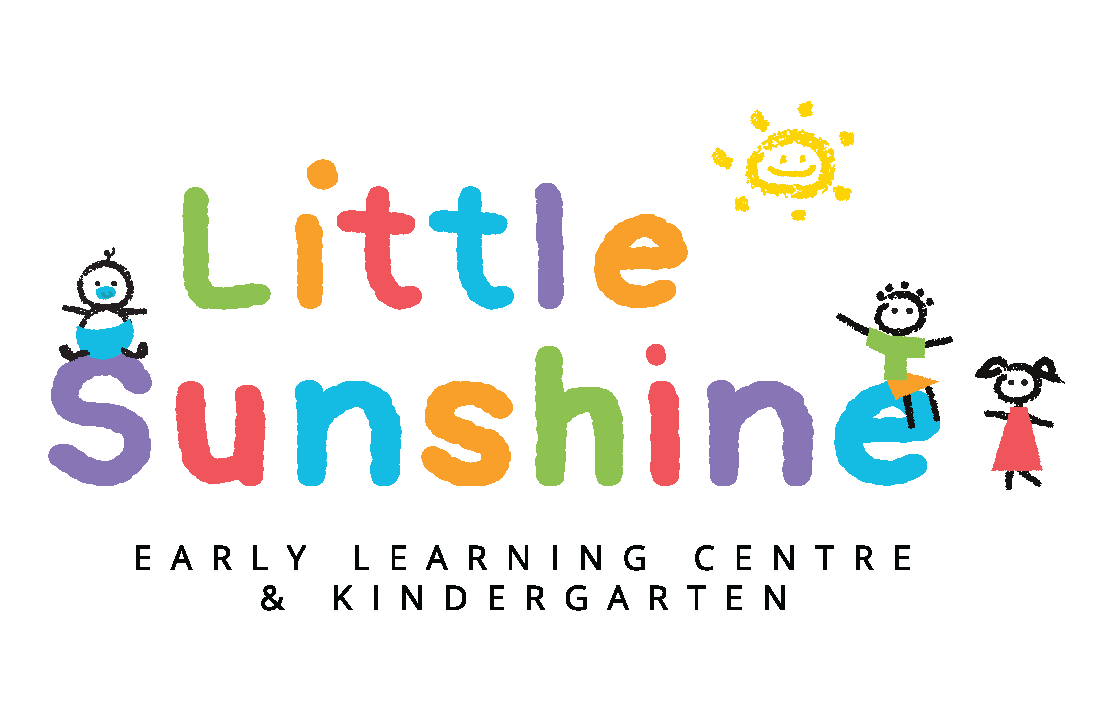
Little Sunshine ELC & Kindergarten Curriculum and Reggio Emilia Approach

At Little Sunshine Early Learning Centre & Kindergarten, we view children as capable individuals who learn effectively from their surroundings. Our educators focus on creating a stimulating and educational physical environment conducive to continuous learning. Inspired by the Reggio Emilia Approach, our curriculum and learning experiences are driven by children’s interests, curiosities, and ideas.
Our Curriculum
Our curriculum emphasizes creativity, expression, and the arts as fundamental aspects of early childhood education. Following the concept of 'a Hundred Languages' in Reggio Emilia, arts serve as effective tools for children to express themselves and communicate with the world. Through activities such as dancing, singing, drawing, and more, children can connect with others and express their thoughts and emotions.
Recognizing the influential role of the environment in shaping learning experiences, we regard it as the 'third teacher' for children, where learning and development occur. We prioritize creating inviting, inspiring, and purposeful learning spaces equipped with natural and open-ended materials to support children's critical thinking and creativity.

Learning Approaches
At Little Sunshine, we value inquiry-based and project-based learning approaches. We encourage children to ask questions, delve into topics deeply, and engage in meaningful investigations. Through hands-on experiences, we nurture critical thinking and problem-solving skills, preparing children for their future endeavours.
All learning experiences are thoroughly documented and visualized. We emphasize the importance of documenting children's progress and engaging in reflective practices. This documentation serves as a valuable tool for educators, children, and families to track progress, revisit experiences, and connect learning with real-life contexts.
Partnership with Families
Partnership with families is highly valued at Little Sunshine. We promote collaboration among children, educators, families, and the wider community. Families are encouraged to contribute to designing learning goals and planning teaching strategies. We actively listen to families' input and are committed to working together to support children’s growth.




